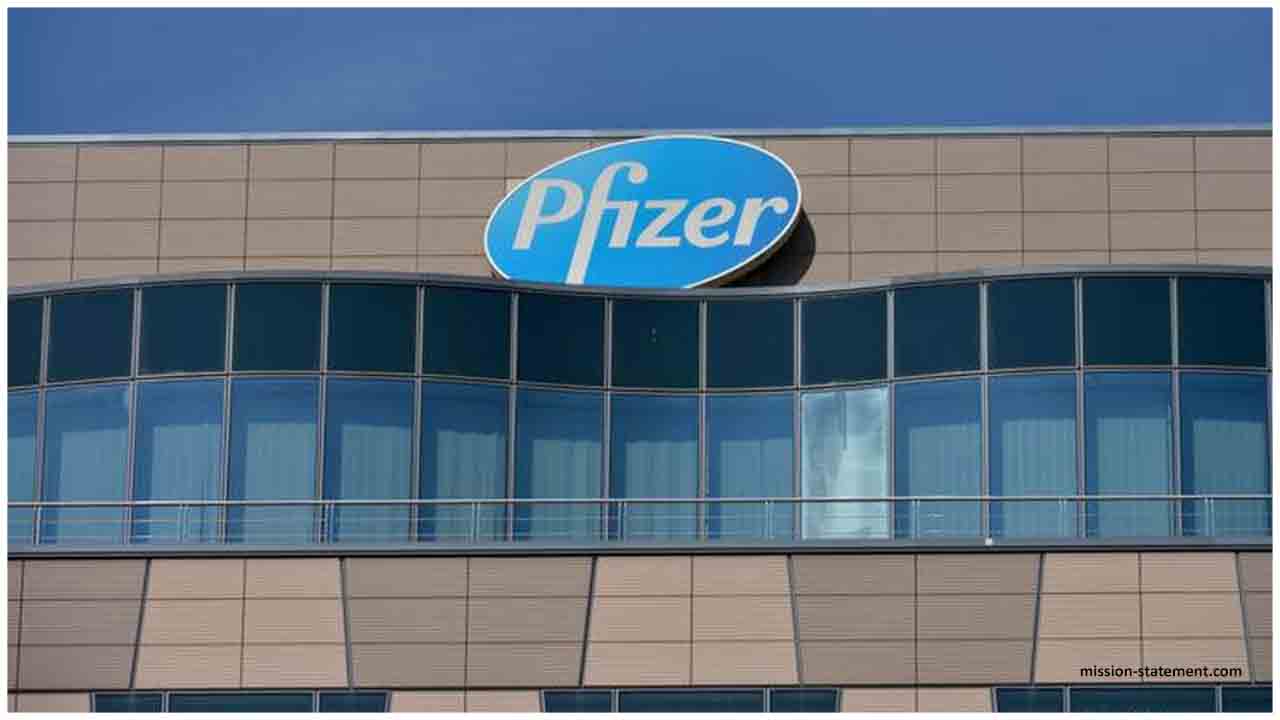Pfizer Inc. and BioNTech SE announced the execution of an agreement with the U.S. Department of Health and Human Services and the Department of Defense to meet the U.S. government’s Operation Warp Speed program goal to begin delivering 300 million doses of a vaccine for COVID-19 in 2021. Under the agreement, the U.S. government will receive 100 million doses of BNT162, the COVID-19 vaccine candidate jointly developed by Pfizer and BioNTech, after Pfizer successfully manufactures and obtains approval or emergency use authorization from U.S. Food and Drug Administration (FDA).
The U.S. government will pay the companies $1.95 billion upon the receipt of the first 100 million doses, following FDA authorization or approval. The U.S. government also can acquire up to an additional 500 million doses.
Americans will receive the vaccine for free consistent with the U.S. government’s commitment for free access for COVID-19 vaccines.
“We’ve been committed to making the impossible possible by working tirelessly to develop and produce in record time a safe and effective vaccine to help bring an end to this global health crisis,” said Dr. Albert Bourla, Pfizer Chairman and CEO. “We made the early decision to begin clinical work and large-scale manufacturing at our own risk to ensure that product would be available immediately if our clinical trials prove successful and an Emergency Use Authorization is granted. We are honored to be a part of this effort to provide Americans access to protection from this deadly virus.”
“Expanding Operation Warp Speed’s diverse portfolio by adding a vaccine from Pfizer and BioNTech increases the odds that we will have a safe, effective vaccine as soon as the end of this year,” said HHS Secretary Alex Azar. “Depending on success in clinical trials, today’s agreement will enable the delivery of approximately 100 million doses of this vaccine to the American people.”
The BNT162 program is based on BioNTech’s proprietary mRNA technology and supported by Pfizer’s global vaccine development and manufacturing capabilities. The BNT162 vaccine candidates are undergoing clinical studies and are not currently approved for distribution anywhere in the world. BioNTech is the market authorization holder worldwide and will hold all trademarks for the potential product. Both collaborators are committed to developing these novel vaccines with pre-clinical and clinical data at the forefront of all their decision-making.
“We are pleased to have signed this important agreement with the U.S. government to supply the initial 100 million doses upon approval as part of our commitment to address the global health threat. This agreement is one of many steps towards providing global access to safe and efficacious vaccines for COVID-19. We are also in advanced discussions with multiple other government bodies and we hope to announce additional supply agreements soon. Our goal remains to bring a safe and effective COVID-19 vaccine to many people around the world, as quickly as we can,” said Ugur Sahin, M.D., CEO and Co-founder of BioNTech.
The Pfizer/BioNTech vaccine development program is evaluating at least four experimental vaccines, each of which represents a unique combination of messenger RNA (mRNA) format and target antigen. On July 1st, Pfizer and BioNTech announced preliminary data from BNT162b1, the most advanced of the four mRNA formulations. The early data demonstrate that BNT162b1 is able to produce neutralizing antibodies in humans at or above the levels observed in the plasma from patients who have recovered from COVID-19, and this was shown at relatively low dose levels. Local reactions and systemic events were dose-dependent, generally mild to moderate, and transient. No serious adverse events were reported. On July 20th, the companies announced early positive update from German Phase 1/2 COVID-19 vaccine study, including first T Cell response data.
Recently, two of the companies’ four investigational vaccine candidates (BNT162b1 and BNT162b2) received Fast Track designation from the U.S. Food and Drug Administration (FDA). This designation was granted based on preliminary data from Phase 1/2 studies that are currently ongoing in the United States and Germany as well as animal immunogenicity studies. Further data from the ongoing Phase 1/2 clinical trials of the four vaccine candidates will enable the selection of a lead candidate and dose level for an anticipated large, global Phase 2b/3 safety and efficacy study that may begin as early as later this month, pending regulatory approval.
If the ongoing studies are successful, Pfizer and BioNTech expect to be ready to seek Emergency Use Authorization or some form of regulatory approval as early as October 2020. The companies currently expect to manufacture globally up to 100 million doses by the end of 2020 and potentially more than 1.3 billion doses by the end of 2021, subject to final dose selection from their clinical trial.
In addition to engagements with governments, Pfizer and BioNTech have provided an expression of interest for possible supply to the COVAX Facility, a mechanism established by Gavi, the Vaccine Alliance, the Coalition for Epidemic Preparedness Innovations (CEPI) and World Health Organization (WHO) that aims to provide governments with early access to a large portfolio of COVID-19 candidate vaccines using a range of technology platforms, produced by multiple manufacturers across the world.

 Americans will receive the vaccine for free consistent with U.S. government’s commitment for free access for COVID-19 vaccines.
Americans will receive the vaccine for free consistent with U.S. government’s commitment for free access for COVID-19 vaccines.











.jpeg)

.jpeg)










.jpg)




.jpg)

